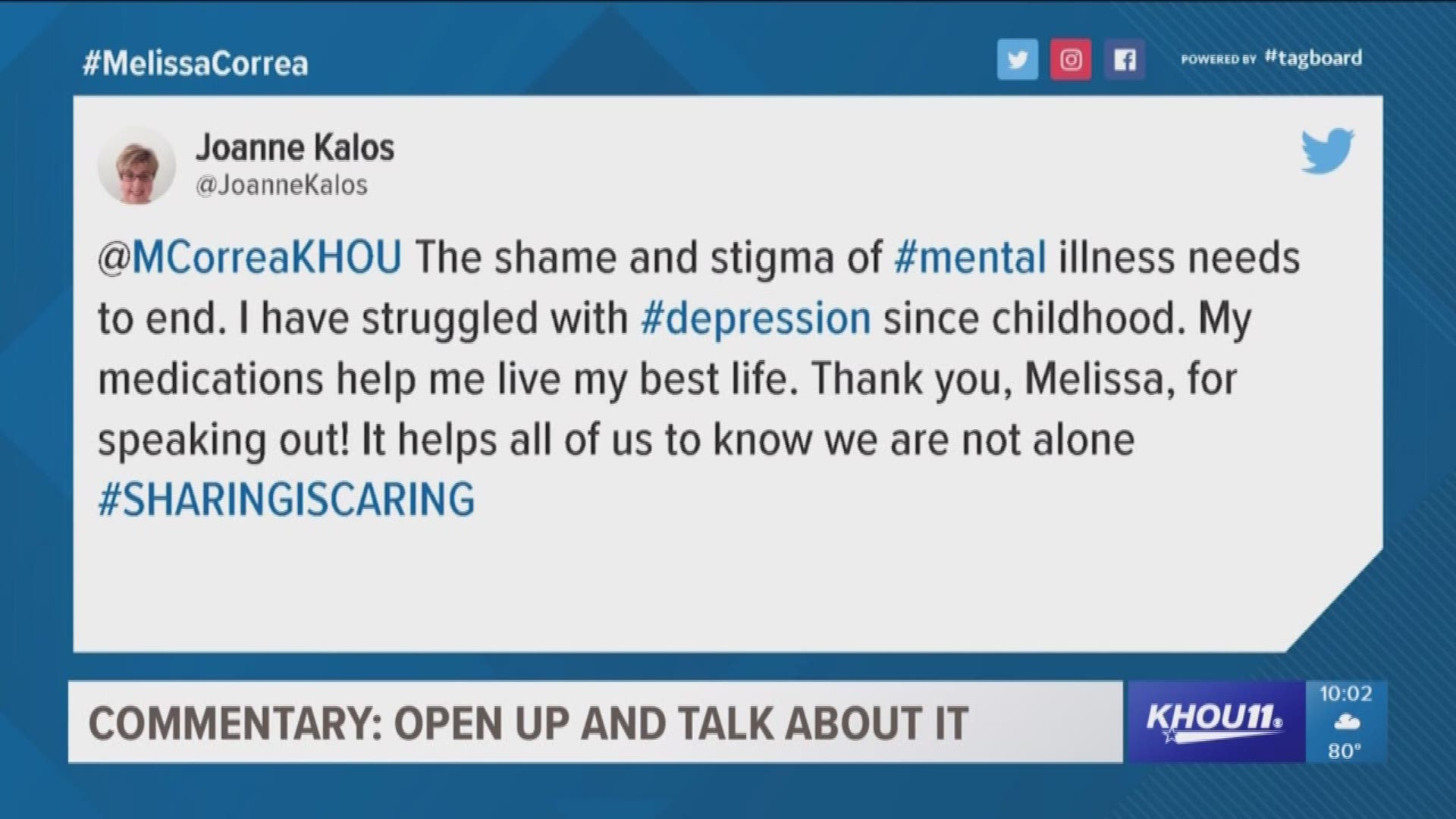Have you ever noticed how a brief happy moment can help lighten your mood no matter what you may be dealing with? You may have a friend or two who can always make you smile even in life's darkest moments.
Do you ever feel less stressed at work after taking a break to talk with your favorite co-workers? Or stepped outside after a full day of taking care of the kids to take in some fresh air.
These are all good examples of how stress management can help us to be happier and more productive throughout the day. You may think that you don't know what stress management is, but once you start paying attention to these and other examples, you will quickly realize that managing stress isn't always as difficult as it may seem. And relief is not too far out of your reach.
Learning How to Effectively Reduce Stress
We all deal with stress each and every day, no matter what type of job we may have, what our responsibilities may be or what our financial status currently is. Everyone is faced with some type of stress. How we deal with it is what separates the cool and comfortable from those who are anxious and on edge. But if you can effectively learn how to reduce stress, you can take the steps to regain control of your life and be a much happier person overall.
Why Do We Have Stress?
There is a purpose for all things and believe it or not, stress is included. Our emotions work as signals to help us recognize problems in our everyday life. Stress hormones help us out when we are put in a fight or flight situation.
But our body's own stress response can sometimes become an issue when it often signals that there is danger ahead when in reality, there isn't a threat in sight. This is what leads to stress and as it grows it can put a consistent strain on our health, mental state and overall well-being. Therefore, it is very important that we look for ways to reduce stress in our lives.
The Benefits of Stress Management
There is no benefit to putting our minds through the endless cycle of stress day in and day out. It can be exhausting and very bad for your health. While some types of stress can be useful as it can help you think quickly and solve problems, most types of stress are often unnecessary and can even be harmful to your health. That's why it is so important to learn how to manage stress.
When our brains are stressed out, we do not perform as well as we would when we are able to think clearly and focus on the task at hand. Your creativity, motivation, productivity, and even your immune health can suffer due to chronic ongoing stress. But when you are able to effectively reduce stress in your life, you gain back the control to be creative, focused and resourceful.
Useful Stress Management Techniques
There are a few things that we can all do to help accurately reduce stress. Stress management techniques can be practically anything that will help make your stress and feelings of anxiety go away. Here are a few steps that you can take to achieve successful stress management.
Step 1: Be Aware of Your Stress
Stress can have a way of going from worrying about everyday situations to turning into something chronic and harmful that weighs us down. If you have become accustomed to the stress in your life, you may even allow what stresses you out the most control what you do each day. Chronic stress robs us all of the things that we love the most in life.
Stress ranges from a low-zone to a high-zone. And the zone that you stay in the most will determine how much stress management you need. Most people can lower their stress levels by learning stress management strategies.
When we are in a low-stress mode, we feel more creative, cheerful and relaxed. As our stress starts to build, we begin to become irritable, anxious, and nervous. This will only build until we no have control over our thinking or emotions.
The Stress Zone
The Stress Zone ranges from 1 to 10 and you determine where you are at based on how you are feeling at the moment.
The Low Stress Zone
1 – I'm creative and cheerfully engaged in my life.
2 – I'm relaxed and believe I will stay this way.
3 to 5 – I can handle stress and can come up with positive solutions to my everyday problems.
The High Stress Zone
6 to 7 – I'm moderately irritable, overwhelmed or anxious. The stress in my life is a burden to me.
8 – My issues currently seem unsolvable. There are many things which are upsetting or irritating to me.
9 – Help! I feel like things are out of my control.
10 – I have extreme negative emotions that are stronger than ever before.
To take control of your stress, you first need to find out where you are at with your level of stress. It may take a few days of observing what's going on with your life and how you handle various types of stress to determine what your level is. But once you take the time to learn about your emotional cues and look for any patterns along the way, you will be able to regulate your stress. This will help to ensure that you spend more time in the low-stress zone than the high-stress zone.
Step 2: Learn to Live in the Low-Stress Zone
Once you are past the mid-zone mark into the high-stress zone, it is time to take a break to manage your stress. You may need to chat with a friend, take a quick break outside or listen to some music. These are all great examples of how to effectively reduce stress.
You need to take this time to remind yourself of what you can change about the situation and what you cannot change. This is the key to learning how to manage stress. Whatever makes that work for you, take this time to do it. This will help you to get closer to the low zone. You should also pay close attention to what happens to your body and your ability to concentrate once you have left the high zone.
When to Seek Professional Help for Stress Management
We all face stressful situations every day and each one of us deals with stress differently. This can make it difficult for us to determine whether our stress or depressive symptoms are serious enough for us to consult with a professional.
A good rule of thumb in this situation is if your depressed or anxious mood lasts longer than two weeks, and it is starting to interfere with your work or family life, you should consult with a mental health professional soon. You can receive assistance from your family doctor, mental health facilities, social workers, or a licensed mental health counselor.
Learn Effective Stress Management Strategies from the Experts at Houston Behavioral Healthcare Hospital
At Houston Behavioral Healthcare Hospital, we understand that sometimes dealing with stress can be too much for some individuals. That is why we offer a broad range of mental health services that can help you manage your stress or learn about any underlying causes that could be causing your stress to worsen. With help from our experts and their stress management strategies, patients can gradually learn how to live a happier and healthier life.
If you suspect that you may be dealing with something more than a stressful day such as anxiety or depression, get in touch with the experts here at Houston Behavioral Healthcare Hospital for more information, 24 hours a day 7 days a week. Or call 877-489-4707 today.



